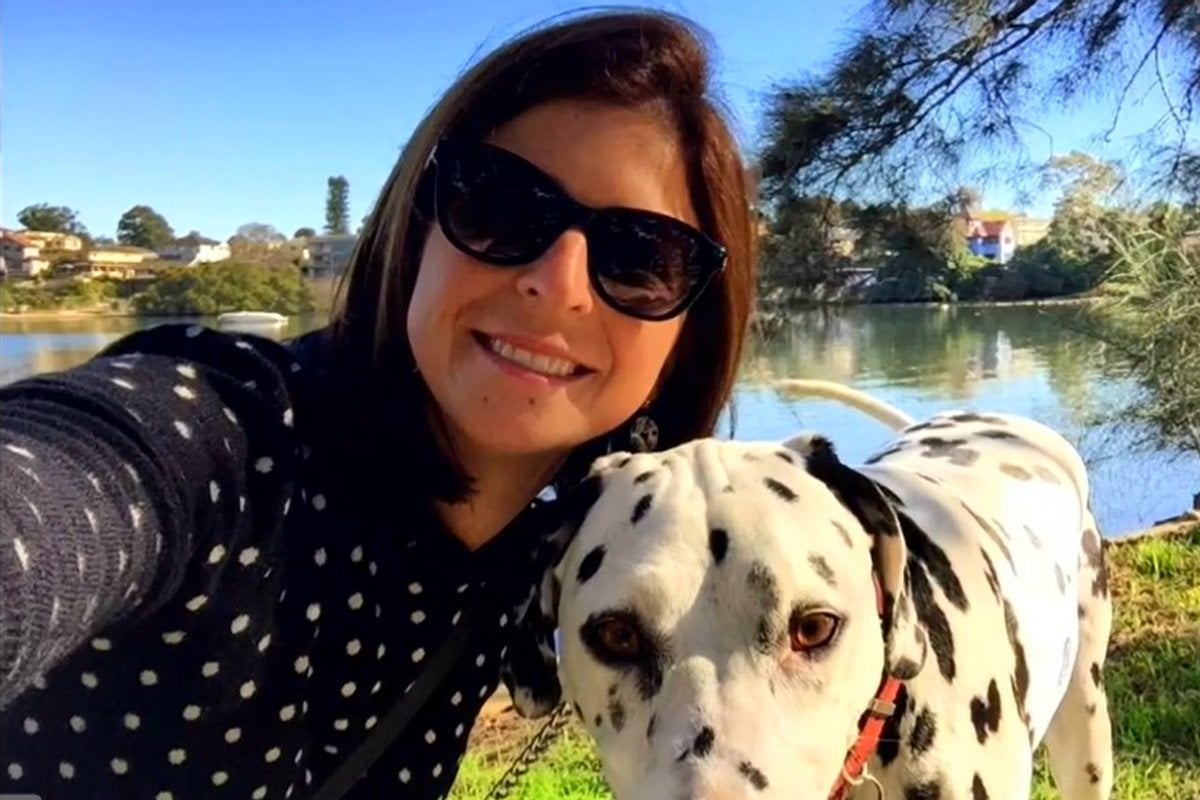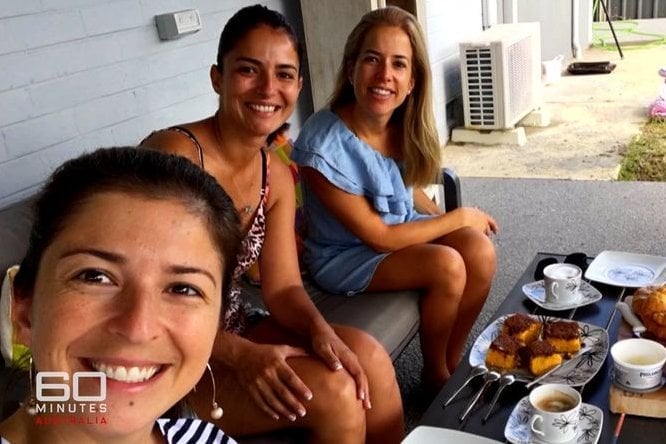
Content warning: This story includes deals with domestic violence and may be distressing to some readers.
A week before her death, Cecilia Haddad flew to Perth to visit her best friends.
Haddad, Carol Camara and Rita Maciel had been close ever since Haddad first moved to Australia from Brazil in 2007, and they knew that at this time, she was being stalked and harassed by her ex-boyfriend, another Brazilian national named Marcelo Santoro.
During her visit, her friends requested she stay with them to avoid him – but the 38-year-old mining executive said she needed to get back to Sydney for work.
When she arrived back at her apartment, she realised Santoro had secretly cut himself a key to her apartment and let himself in.
Camara and Maciel say it was Haddad's compassion that stopped her from reporting him to police, despite their encouragement.
"She didn't want him to have a record. She wanted him gone, but she didn't wish him bad," Camara said.
For the next week, she stayed with friends and at hotels to avoid her ex.
As NSW Police explained to 60 Minutes, CCTV captured Santoro making five separate trips to Haddad's apartment on the day before her murder.
On April 29, 2018, the day of her death, Haddad returned to her apartment for the first time in a week. She had just learned that Santoro had booked a flight back to Brazil and was feeling relief.

